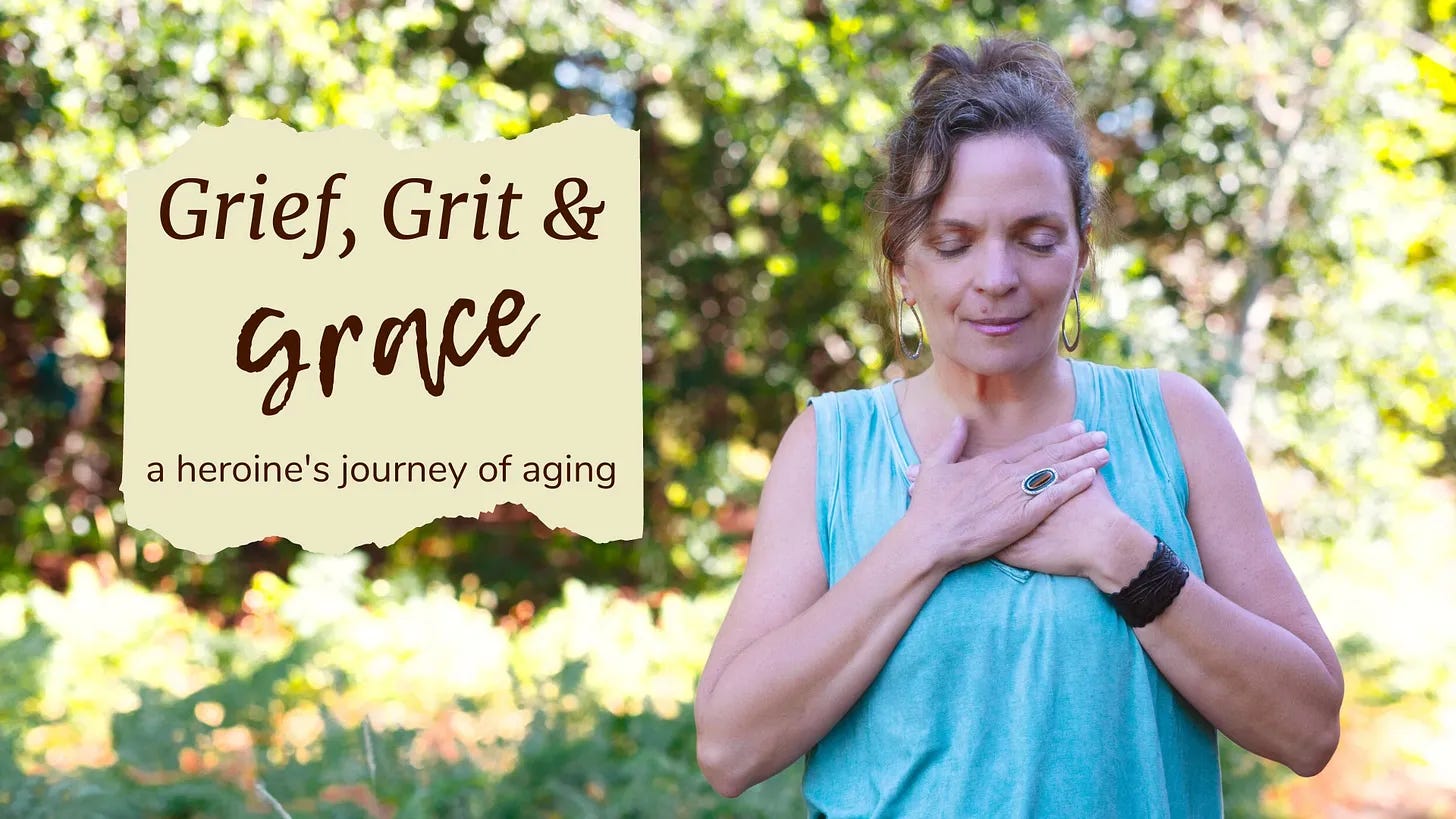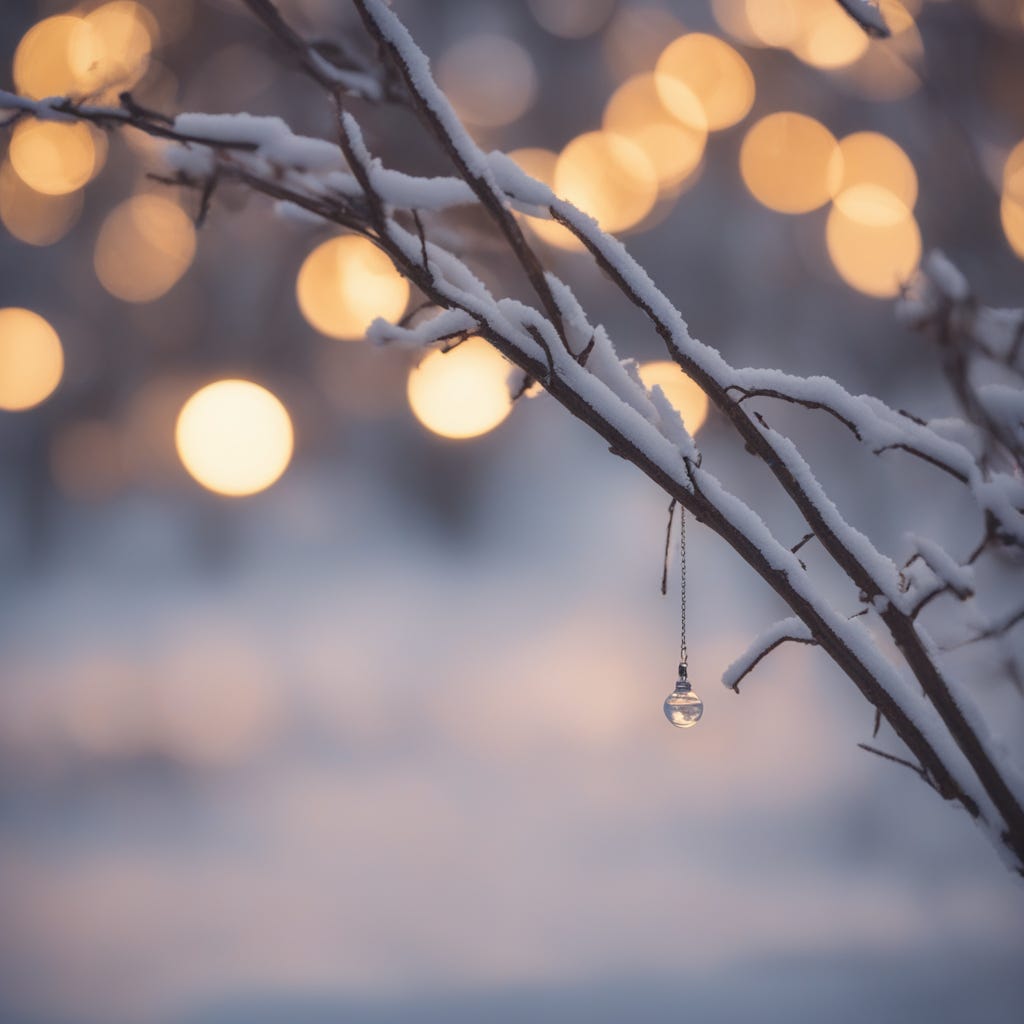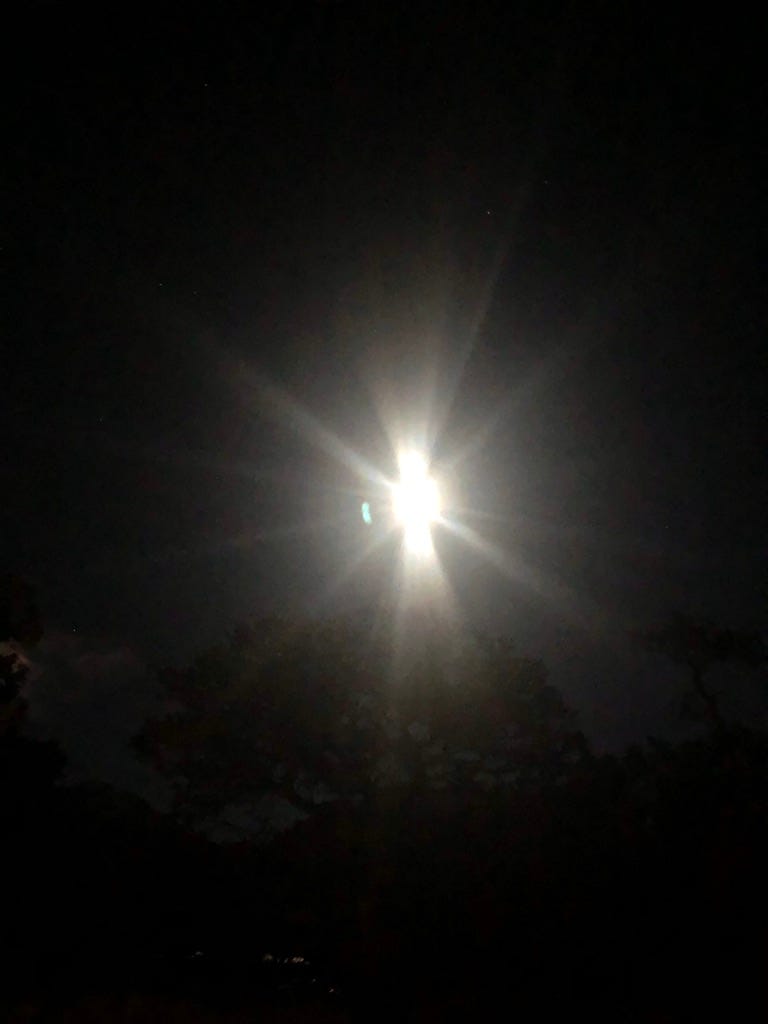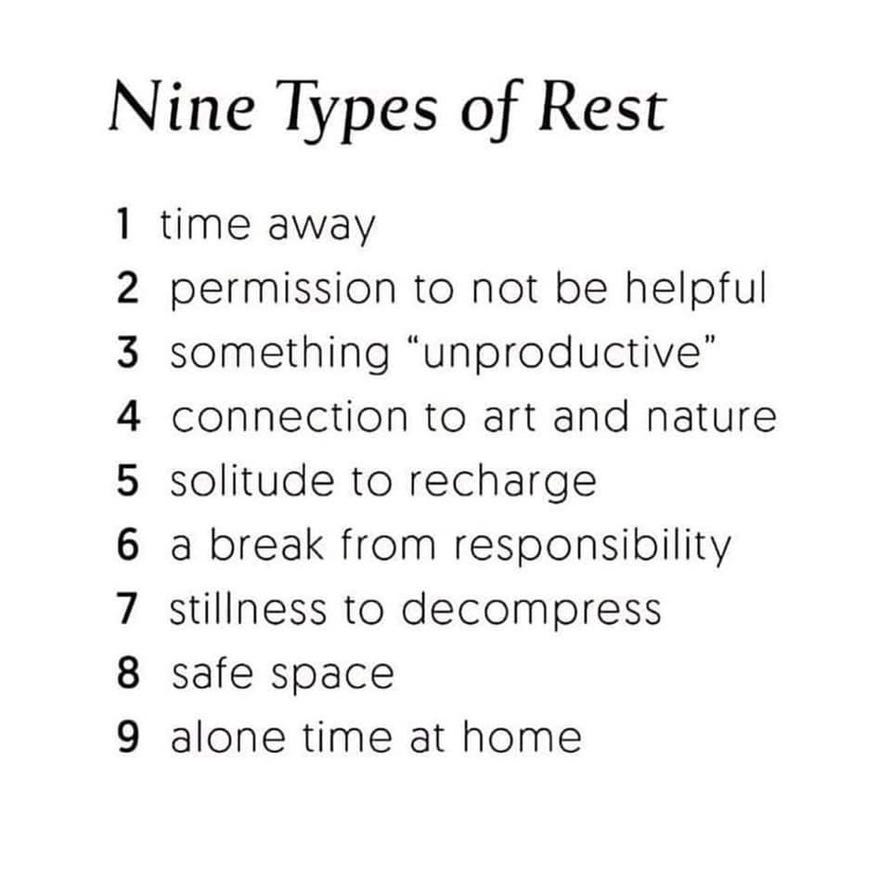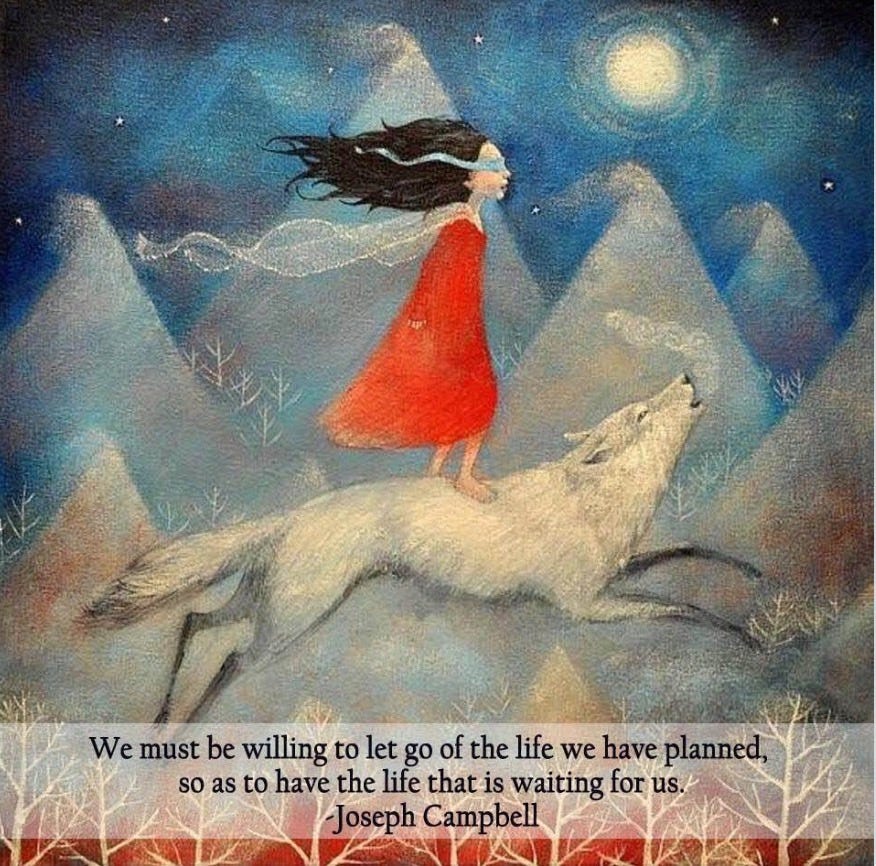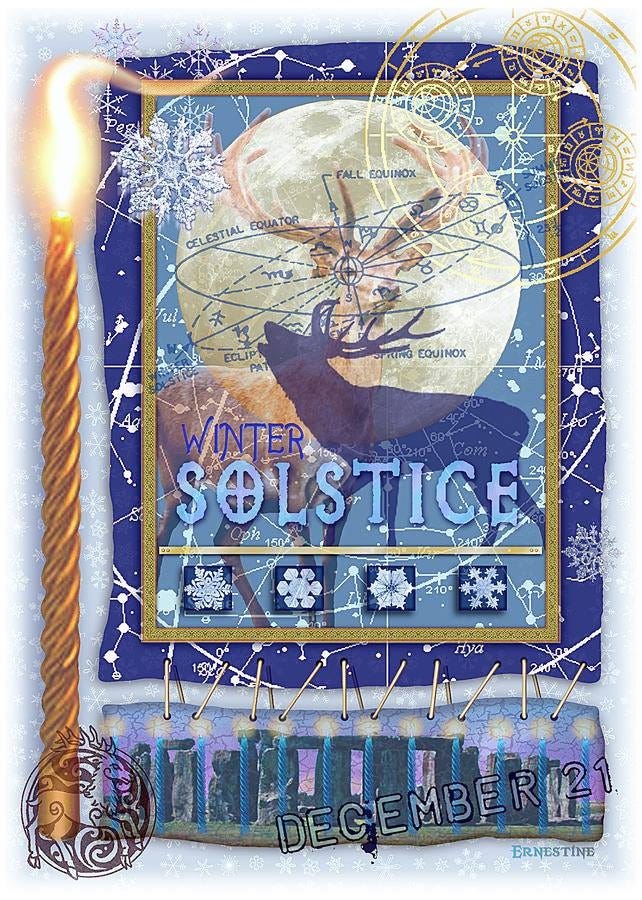When holidays are not merry
Mining the traumas of Christmas past to find the mother lode of comfort and joy
On Thanksgiving Day, I woke up feeling what I could only describe as a despair wrapped in bitterness.
After spending too much time indoors in my ratty house clothes, doom-scrolling about the state of the world, a misty pall of fatalism began to swirl and settle around my soul.
Over the years I’ve learned to be hospitable to such unwelcome visitors rather than shoo them away, and so I invited this feeling to sit down with me on my meditation cushion on Thanksgiving morning.
Allowing my breath and my thoughts to settle, I became curious about what might lie at the root of my vicissitude.
My awareness descended like a stone tossed into a dark pool until it landed on the thought:
“I’ve never really learned how to love.”
When hot small tears began rimming my eyes, I knew I was onto something.
I didn’t shudder and turn away. Nor I did collapse into self-pity.
I just sat silently and tracked my breathing and body sensations as these emotions and thoughts led me down a staircase of holiday memories.
With my father incarcerated and my mother mentally ill, the volatile family dynamic of my early years would go nuclear at holiday time.
One spectacular Christmas Eve featured Mom, in a rageaholic blackout, grabbing the star atop the tree and pulling the whole thing down.
Shattered ornamental shards on the floor refracted the tree lights as if each were crying tiny tears.
That night, a loathing of all holidays took firm root in my young soul.
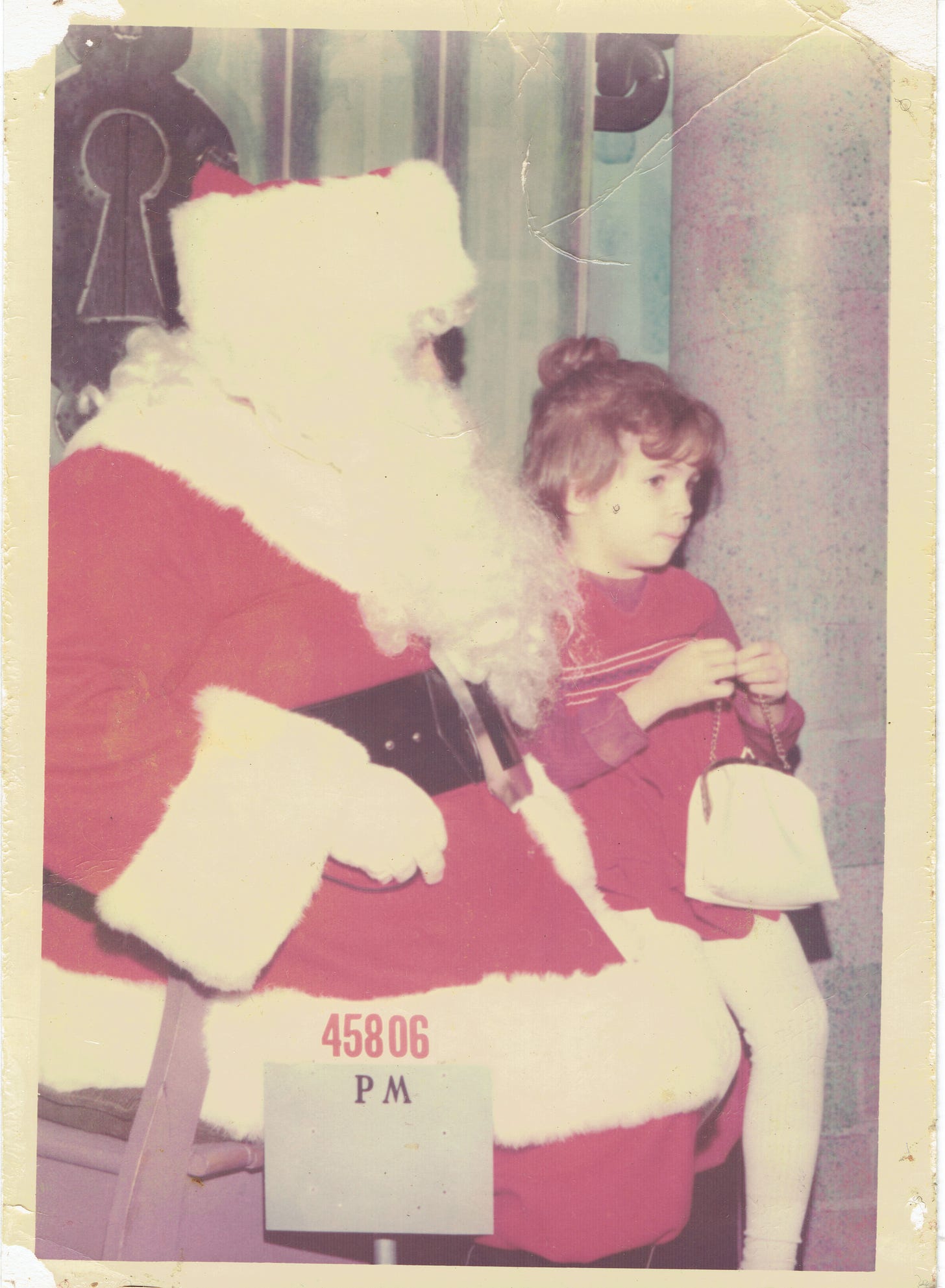
In my 20s and 30s, I spiritually bypassed the pain by going on monthlong meditation retreats from mid-December to mid-January.
Looking back, I commend myself for such excellent self-care. Meditating for a month was certainly better than going on a drinking-and-drugging bender.
But deep meditation practice alone couldn't budge the shame, rage, and hopelessness that resurfaced every holiday season.
It wasn't enough to hide, even if that hiding was beneficial.
Sitting on my cushion Thanksgiving morning, I recognized the specter of sorrows past as a visitation from the Crone archetype in her Hag aspect.
The Hag is she who presides over everything we would rather bypass, reject, and ignore.
She is the keeper of our deepest fears about aging:
Loneliness.
Sickness.
Financial destitution.
Loss of independence.
Loss of mental competence.
And meaninglessness—perhaps worst of all.
The Hag points her bony finger toward the un-metabolized traumas of our past and demands our attention to them as her ransom.
But when we turn up our coat collars and scuttle past this unsightly old woman, we fail to recognize that the Hag of Winter in fact holds the keys to rebirth as the Maiden of Spring.
She doesn’t give those keys away willy-nilly to just anyone, however. She demands that we traverse her dark tunnel to emerge into that reborn realm.
Years ago, a student in my Women, Food & Forgiveness Academy dropped this pearl of wisdom:
“When you feel depressed, you need deep rest.”
Never is this more true than during winter holidays. One out of two of us experiences depression, anxiety, and loneliness this time of year.
If you—like me—are that one, you are so not alone.
Starting with our national high holy day of overeating known as Thanksgiving, our holiday trajectory becomes a burrow of darkness that reaches its nadir at the Winter Solstice.
Our circadian rhythms instinctively know this is a time to go inward, pull the blankets around us, curl up with those books we’ve been meaning to read all year, and settle into a long winter’s nap.
Unfortunately, in a culture that values commerce over connection, those rhythms are continually jarred by a world that assaults us with inflatable turkeys, plastic Santas, glaring lights, and fake tinfoil cheer.
No wonder our addictions get so triggered this time of year. How else can we cope except to eat too much, spend too much, get too busy, get too drunk, and hanky-panky under the mistletoe, only to regret it all the next morning?
It takes the strength of Samson to prevail over the madness.
But it’s not impossible.
If I could do it, so can you.
When we’re besieged by an afflictive emotion, such as depression or despair, two things occur simultaneously that are so interwoven as to be indistinguishable.
One component is the basic energy of the negativity.
The basic sadness.
The basic discouragement.
The basic disconnection.
The basic alienation.
This basic energy, devoid of story, is part of the natural ebb and flow of our emotional life.
The other component is the story we tell ourselves about what these feelings mean about us, about other people, and about our world.
The basic energy becomes a black hole of affliction when we turn it against ourselves vis-à-vis the weary narratives we attach to the feelings.
Buddhist meditation master Chögyam Trungpa put it this way:
“We all experience negativity—the basic aggression of wanting things to be different than they are. We cling, we defend, we attack, and throughout there is a sense of one’s own wretchedness, and so we blame the world for our pain. This is negativity. We experience it as terribly unpleasant, foul-smelling, something we want to get rid of. But if we look into it more deeply, it has a very juicy smell, and it’s very alive. Negativity is not bad per se, but something living and precise connected with reality.
Unfortunately, the heavy-handed interpretations and judgments we lay on these experiences obscure this fact. So these interpretations and judgments are negative negativity. Watching ourselves being negative and then deciding that the negativity is justified in being there.
In [this] case the watcher, by commenting, interpreting, and judging, is camouflaging and hardening the basic negativity.”
Just as the Hag holds the keys to rebirth, so depression and despair contain within them the seeds of wisdom and healing.
Those seeds turn sterile when we use that negativity to judge ourselves as wrong, bad, undeserving, and unworthy.
Contemplating this teaching, I saw the true reason why I was so miserable at holiday time:
In the true manner of a wounded child, some hidden part of me blamed myself for my parents’ insanity.
As I used Tapping and other somatic tools to gradually detach myself from my family-of-origin turmoil, I realized, in the marrow of my bones, that I am not the holiday traumas that would seek to take me hostage.
(PS: Join me live on December 7 for a free event where I’ll guide you through a process that will help you release the traumas of holidays past and find true cause to celebrate.)
I became curious about how I could forge a more authentic relationship with this annual interval of restorative darkness.
What does this time of year mean for me personally, spiritually? And how can I honor that meaning on my terms rather than those dictated by a bankrupt material culture?
Looking for a holiday gift? How about a gift subscription to Grief, Grit & Grace?
The answer presented itself with complete simplicity that Thanksgiving morning.
Meeting my negativity with dispassionate kindness, the shackles of inherited dysfunction dissolved into the space of the present moment.
Since attention is the highest form of love, I decided to show up for the day’s festivities regarding everyone I encountered as the most interesting person in the room.
I set the intention to return home that evening with my heart just as nourished and full as my belly. And so it was.
Amidst the gentle, intimate swirl of socializing with old friends, new friends, and extended tribe, I was reminded that the alpha and omega of all love reside right here in my own being.
The Hag rested her frail hand on mine as I heard her whisper,
“Well done, Daughter.”
Perhaps the true celebration of holiday time lies less in the frippery of external paraphernalia than it does in the deep well of self-love that allows us to authentically celebrate from a place of wholeness and acceptance.
(Join me live on December 7 to lift the weight of holiday depression and help you celebrate holidays on terms that are meaningful to you.)
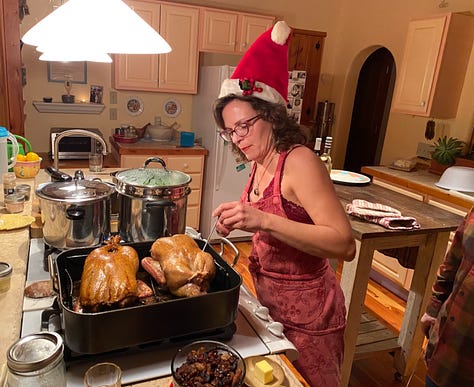
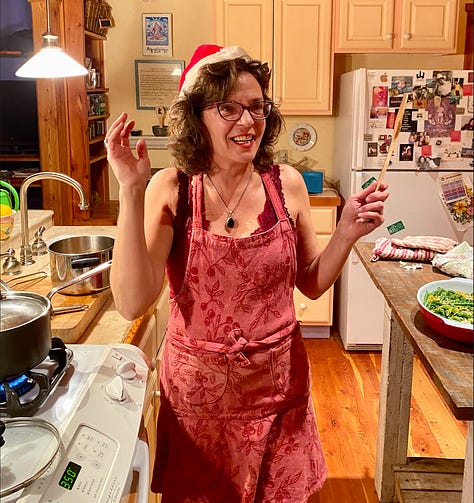
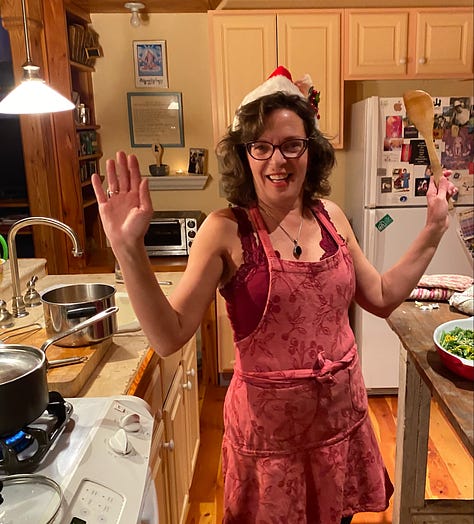
Keep reading with a 7-day free trial
Subscribe to Grief, Grit & Grace to keep reading this post and get 7 days of free access to the full post archives.




